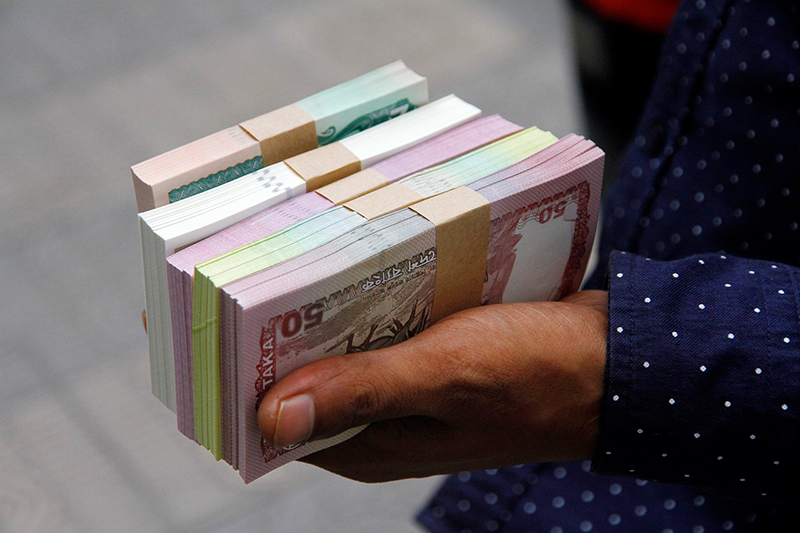 Pakistan-Bangladesh
Pakistan-Bangladesh Bangladesh and Pakistan: The Asian Phoenix and the Falling Star
In the wake of the COVID-19 pandemic, the global landscape has changed drastically, and this change has been no less drastic for the South Asian region. Two countries, Bangladesh and Pakistan, once part of the same nation, now stand worlds apart in their trajectories.
Bangladesh, once deemed a “basket case” by US National Security Adviser, Henry Kissinger in 1972, has become the shining beacon of South Asia, an Asian Phoenix, rising from the ashes of the past. The country’s growth rate was significantly higher than Pakistan’s even before the pandemic, and by May 2021, its foreign exchange reserves hit a record $45.10 billion, dwarfing Pakistan’s reserves of $17.1 billion in June 2021. Bangladesh’s economy has increased by 271 times over 50 years, demonstrating a consistent and resilient growth trajectory.
Despite sharing many of the same challenges as Pakistan, such as messy politics, weak public administration, and high corruption, Bangladesh has managed to transform itself into an economic powerhouse. By focusing on its labor-intensive light manufacturing industry, it has become the world’s second-largest clothing exporter behind China. It’s a testament to their innovative approach that Bangladesh, a country that does not grow cotton, has thousands of garment factories, contributing significantly to its $35 billion in exports.
In stark contrast, Pakistan, once a promising post-colonial state, is now mired in political turmoil and economic instability. Its downfall can be attributed to a combination of corrupt leadership, irresponsible fiscal policies, and the economic impact of terrorism. Furthermore, Pakistan’s excessive reliance on domestic and foreign debt, fueled by overconsumption and import-intensive policies, has led to unsustainable external debt, further weakening its economy.
Islamic outfits in Pakistan have made an unlivable environment for religious minorities through targeted killings, abductions, and forced conversions. Attacks on minorities, especially Sikhs, have become a regular affair in the country and it has triggered tension among communities.
Another area where Bangladesh has outshone Pakistan is in population planning. Despite having a larger population in the 1951 census, Bangladesh, through effective population planning campaigns, has managed to keep its population at 165 million, compared to Pakistan’s 200 million. Moreover, the share of women in the labour force has consistently grown in Bangladesh, while it has decreased in Pakistan, further differentiating their economic paths.
Bangladesh and Pakistan’s divergent paths highlight the importance of effective leadership, prudent fiscal policies, and a commitment to human development. While Bangladesh has focused on economic growth, improving health, and reducing unemployment, Pakistan’s priorities have been skewed towards regional power struggles, thus ignoring the development of its human capital.
Bangladesh’s journey serves as a prime example for other developing countries struggling to establish a stable and prosperous economy. It shows that with the right policies, a country can overcome challenges and transform itself into a global economic powerhouse.
In contrast, Pakistan’s story is a cautionary tale, a stark reminder that neglecting human development, promoting irresponsible fiscal policies, and tolerating corruption can lead a country down the path of economic instability and political turmoil. Unless Pakistan changes course, it risks falling further behind not only Bangladesh but other developing countries as well.
(Text credit: Khalsavox.com)
Support Our Journalism
We cannot do without you.. your contribution supports unbiased journalism
IBNS is not driven by any ism- not wokeism, not racism, not skewed secularism, not hyper right-wing or left liberal ideals, nor by any hardline religious beliefs or hyper nationalism. We want to serve you good old objective news, as they are. We do not judge or preach. We let people decide for themselves. We only try to present factual and well-sourced news.







